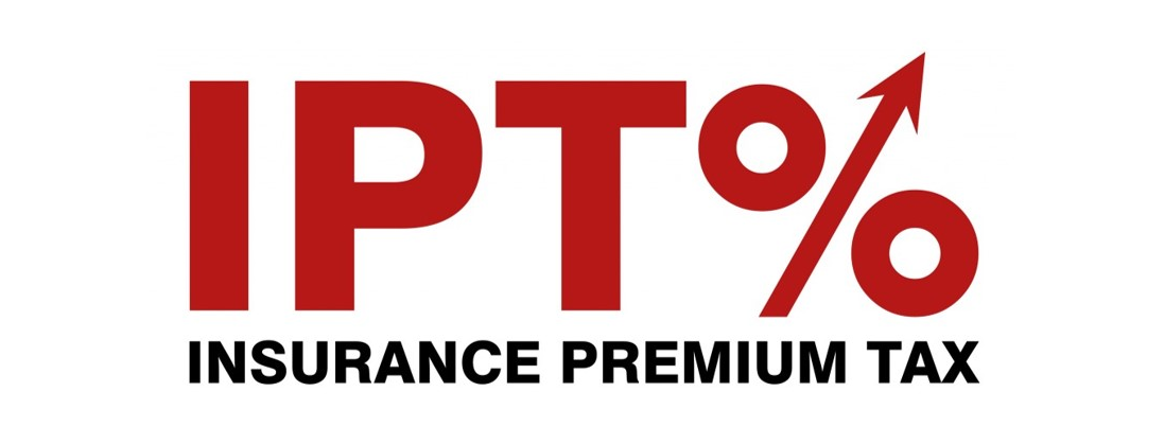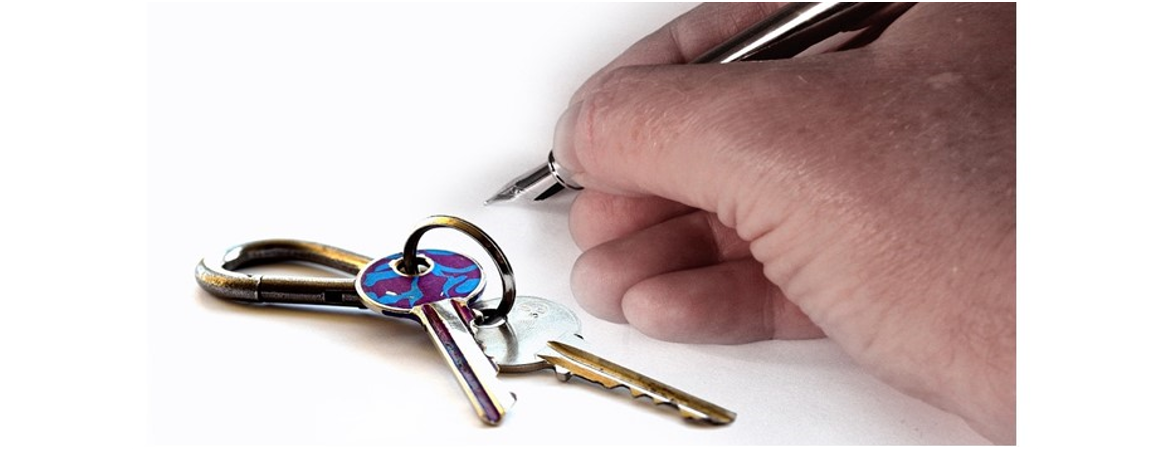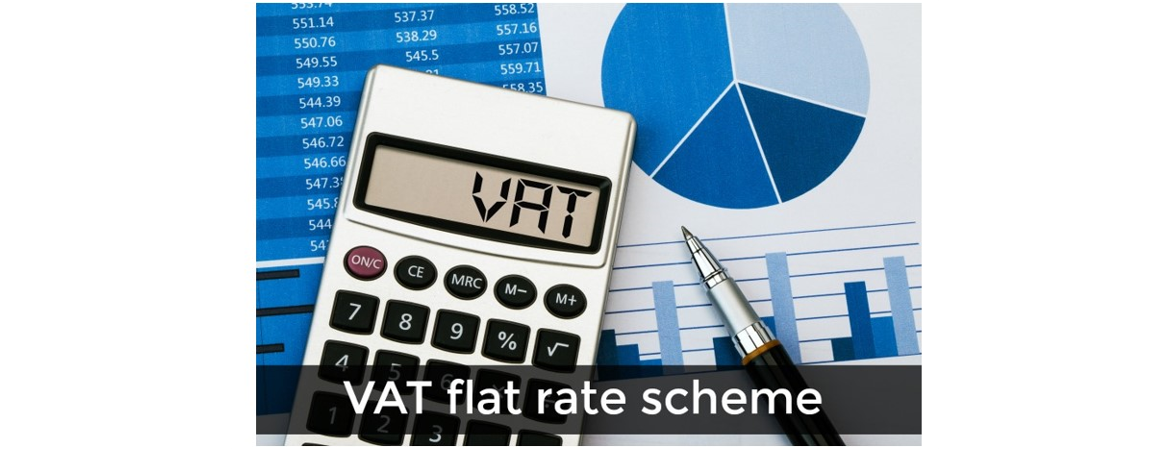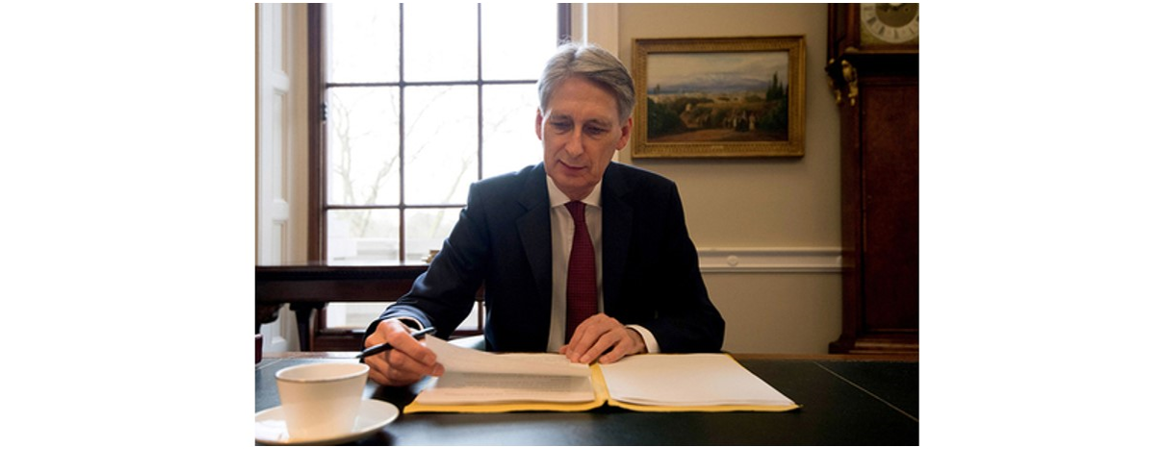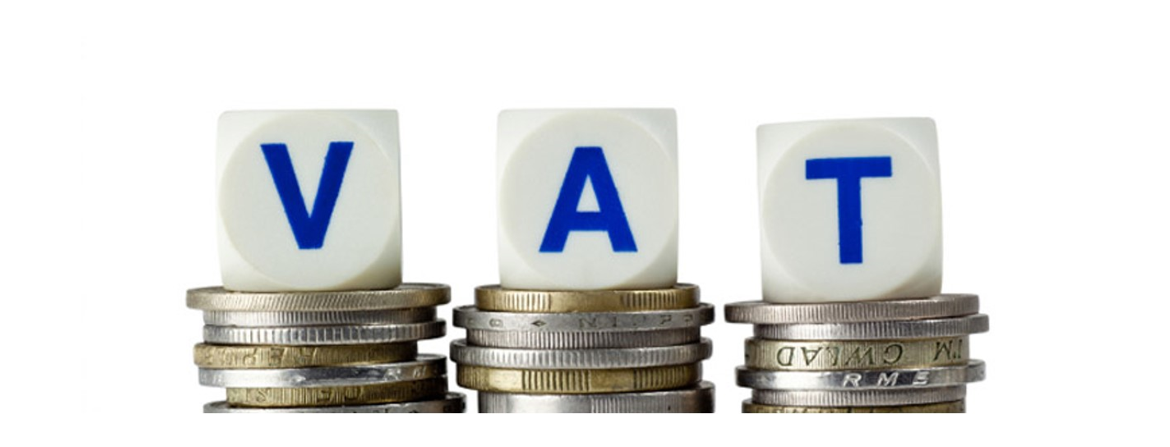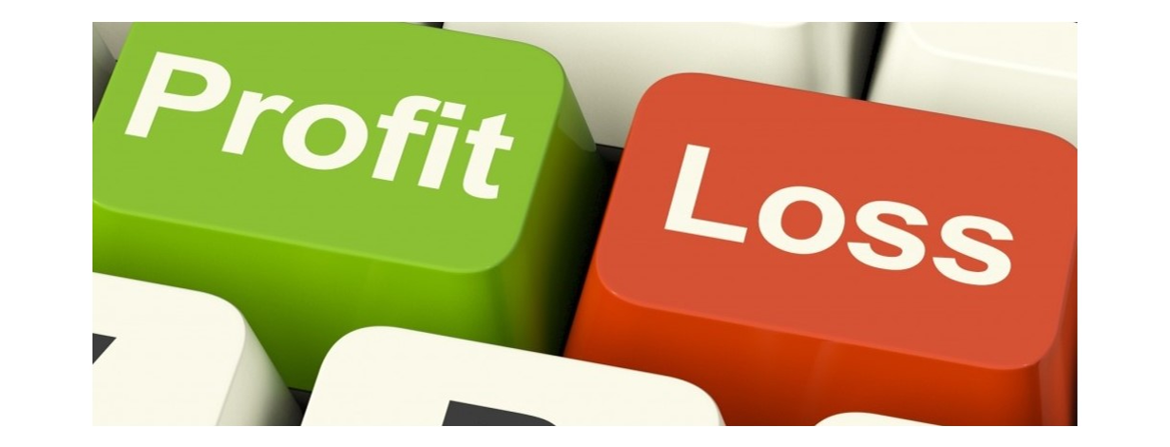It is now over two years since the Marriage Allowance was introduced and perhaps it is no surprise to learn that most people who are eligible have not claimed the allowance. The allowance lets certain individuals transfer 10% of their personal allowance to their spouse or civil partner. This reduces the tax bill of the recipient of the transfer by up to £212 in 2015/16 and up to £220 in 2016/17. So for anyone who hasn’t claimed it yet, they may be due a tax repayment of up to £432.
Continue reading Marriage allowance – now worth £432 for many people



